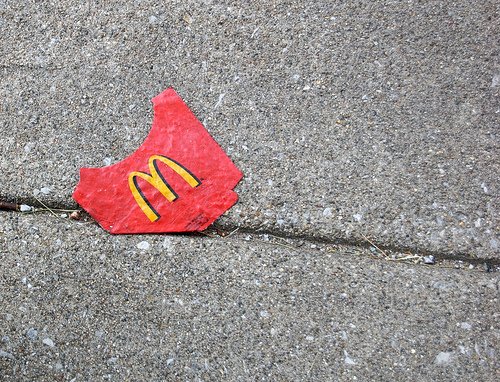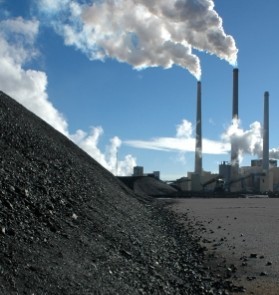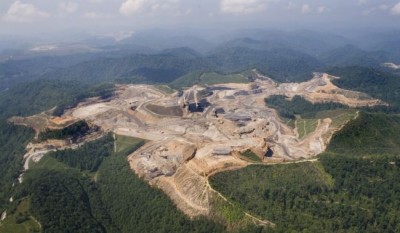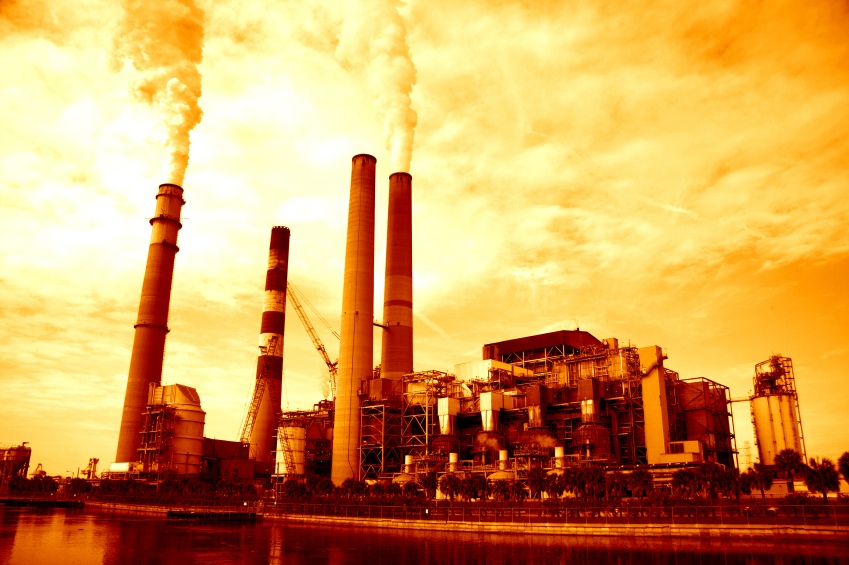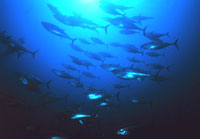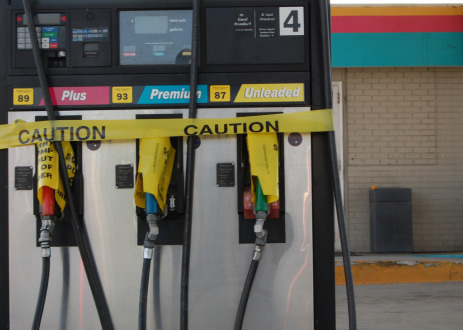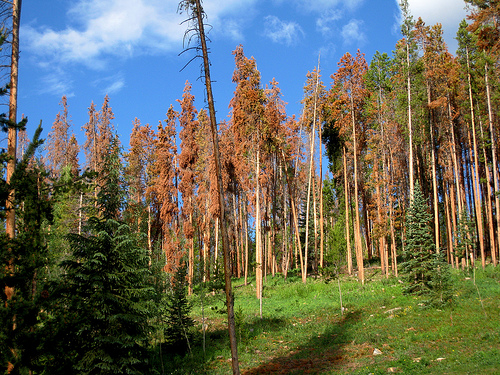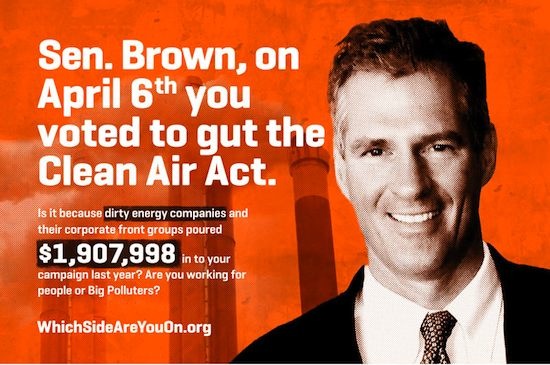Climate Health
All Stories
-
Half of the Bay Area's litter comes from fast food
Fast food is already a lot like pollution -- it's bad for you, but it's more convenient than the alternative, so it's really really hard to get rid of. Also it shows up frequently on the sides of highways. Now, environmental nonprofit Clean Water Action has found that, at least in the San Francisco Bay area, these two dirty birds flock together. More than half of the litter in the four cities the group studied came from convenience foods at McDonald's, Burger King, Wendy's, Starbucks, and 7-11.
-
Take this quiz to find out how badly coal pollution is screwing you
Even if you don't live next to one of the country's dirtiest coal plants, coal pollution is still likely finding its way into your body. Answer three questions, and the Sierra Club will tell you how at risk you are: very, extremely, or MY GOD GET OUT OF THE HOUSE.
All you do is input where you live, how much fish you eat, and whether you belong to any groups known to be sensitive to air quality issues. (Oh, and they also want your email address, but there's a tiny "skip this" button in the right bottom corner of that screen if you're scared of what those mean greenies might do with that information.) Then hit “get score” and the calculator will tell you that coal will kill you. -
Congress: Let’s just rename it the 'Dirty Water Act'
Have we mentioned that our leaders in Congress are working their butts off to undermine the country's foundational environmental laws? It's not just Republicans, either! Yesterday, a bipartisan bill that would weaken the federal government's ability to keep water clean passed out of committee. The bill would amend the Clean Water Act to give "primary responsibilities for water pollution control" to the states.
-
More birth defects in mountaintop removal mining areas
Babies born in West Virginia regions where mountaintop removal mining takes place suffer from higher rates of birth defects than those born in non-mining regions. Mining regions tend to be low-income and deal with the slew of problems correlated with that, but the birth defect rates are higher even when accounting for "socioeconomic disadvantages."
-
Many power plants already have equipment to slash mercury
Many power plants have already installed pollution-control technologies that can significantly reduce mercury as well as other pollutants.
-
The oceans may be going extinct
Ocean ecosystems are taking a faster nosedive than anyone predicted. Without urgent action, coral reefs and entire fish species could disappear in a generation. Why is this happening? Do you really need to ask? Hint: It rhymes with shmarbon shmioxide.
-
Supreme Court says Clean Air Act preempts state climate nuisance suits
The Supreme Court just ruled that regulating greenhouse gases is the Feds' job, as spelled out in the Clean Air Act. Good thing the Federal government is all over that one. (Sarcasm!)
-
Gas should cost $15 per gallon
Grist readers know that the "high price" of gasoline in America doesn't begin to capture its true costs. But do you know exactly why that is? The smart, deep-diving folks at the California's Center for Investigative Reporting have made this great video breaking down the reasons why gasoline should actually cost closer to $15 per gallon. You should watch it (it involves cocker spaniels!), but if you can't spare 5 minutes, the highlights are below.
-
Beware the pollution-dumping space tube
It has a way of really hamstringing environmental activism. (Image via the always-hilarious Saturday Morning Breakfast Cereal.)
-
This clean air ad was deemed too hot for Boston public transit
Man, is this ad from 350.org ever edgy! First, it has a big picture of Scott Brown -- granted, just his face, not even his pecs or anything, but you know what's implied by a picture of a congressman. Rowr! And just look at those naked facts, parading themselves around so shamelessly. No wonder the Massachusetts Bay Transportation Authority refuses to post it on trains.
